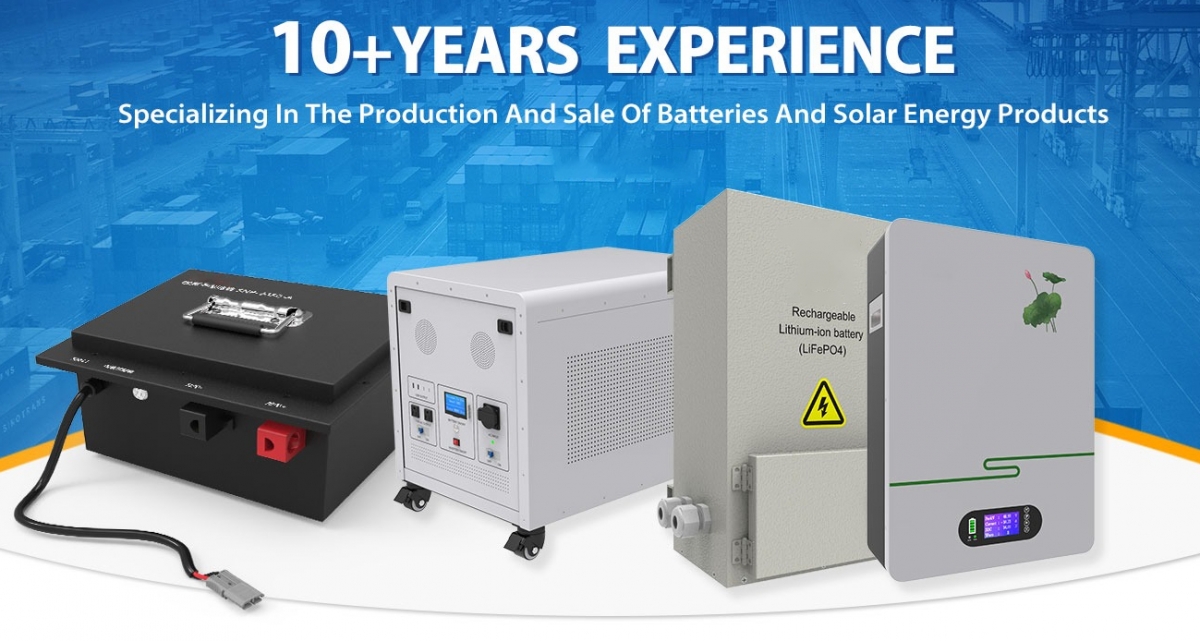- 09
- Nov
Micro-lithium-ion batteries
New progress in the research of micro-lithium-ion batteries in Dalian Institute of Chemical Technology
Recently, the team of Wu Zhongshuai, a researcher of the two-dimensional materials and energy device research group of the Dalian Institute of Chemical Physics, Chinese Academy of Sciences, and the team of Bao Xinhe, an academician of the Chinese Academy of Sciences, have developed a planar integrated whole with multi-directional mass transfer, excellent flexibility and high temperature stability. Solid-state lithium-ion micro battery. Related research results were published on NanoEnergy.
With the rapid development of flexible wearable, miniaturized, and integrated electronic devices, it is urgent to develop high-performance, lightweight, wearable, and structure-function integrated flexible power supplies and their technologies. Lithium-ion battery is currently the most widely used and popular power source in society, but it has safety problems such as large size, fixed shape, poor flexibility, electrolyte leakage and flammability, so it is difficult to meet the requirements of flexible and miniaturized electronic devices. need.

Recently, the research team took the lead in developing an all-solid-state planar integrated lithium-ion miniature battery. The lithium-ion micro battery uses nano lithium titanate nanospheres as the negative electrode, lithium iron phosphate microspheres as the positive electrode, highly conductive graphene as the non-metallic current collector, and ion gel as the electrolyte. It has a planar cross-finger configuration and does not need to use traditional Diaphragm and metal current collector.
The obtained lithium-ion micro battery has the advantage of multi-directional mass transfer, showing a high volume energy density of 125.5mWh/cm3, excellent rate performance; ultra-long cycle stability, almost no capacity degradation after 3300 cycles; and good mechanical properties Flexible, the electrode structure will not be damaged and the electrochemical performance will not change significantly under repeated bending or twisting.
At the same time, the miniature energy storage device can work stably in a high temperature environment of 100°C and has long cycle stability (1000 cycles). In addition, the lithium-ion battery can realize modular self-integration without metal connectors, and realize effective regulation of output voltage and capacity. Therefore, the lithium ion miniature battery has great potential in the application of flexible and miniaturized electronic devices.
与此
